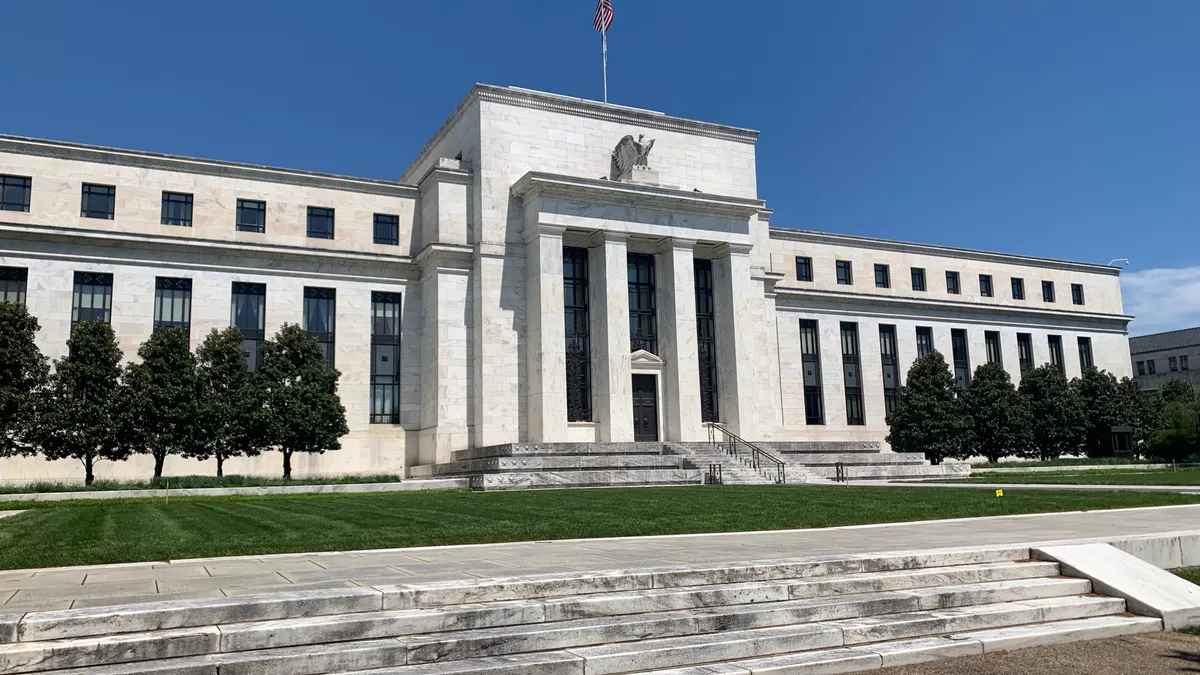The 12 regional Federal Reserve banks announced Thursday the adoption of a new common policy promoting transparency and accountability for media and public records requests, effective Jan. 1, 2024.
Unlike the Fed’s Board of Governors, which falls under the U.S. government’s purview, the Fed’s regional banks have not previously been subject to Freedom of Information Act requests.
The policy released by the New York Federal Reserve noted that, unless otherwise exempt, records created on or after Jan. 1, 2024, “will be published or provided upon request.”
The regional Fed banks contribute to monetary policymaking, but they have no legal obligation to disclose records, according to Reuters. However, the New York Fed implements the monetary policies, regulates local banks, and provides services to financial firms, the outlet noted.
The central banks’ exemption from the federal FOIA has been a topic of debate among lawmakers of both political parties in recent years. Sen. Elizabeth Warren, D-MA, and former Sen. Patrick Toomey, R-PA, introduced a bill last year that would make the reserve banks accountable and subject to oversight requests.
After Signature and Silicon Valley Bank failed in March, Warren renewed her call to hold Fed officials accountable.
“More and more lawmakers are troubled by the Fed’s key role in the recent bank failures, and this bipartisan bill underscores the momentum in Congress for enhanced transparency measures to hold Fed officials accountable for their actions,” Warren said in March. “After the largest ethics scandal in the history of the Federal Reserve System and now a failed multibillion-dollar bank under its watch, the Fed cannot ignore congressional oversight and stonewall the American people.”
The policy details the procedure for requesting records such as descriptions of bank operations, policy statements, administrative staff manuals, and instructions and forms available to the banks or the public.
Certain documents are exempt from disclosure, like those “records related solely to the internal personnel rules and practices of the Bank,” or those that contain trade secrets and financial information of a person or an organization that is privileged or confidential, the policy noted.
The bank will notify the requester of the request’s status within 20 days of receiving it and can charge fees or waive it at its discretion, according to the policy.
“Unlike what some members of Congress were looking for, this seems like a step backward rather than a step forward,” Andrew Levin, a former Fed adviser and a professor at Dartmouth College, told Bloomberg. “The entire Federal Reserve system should just agree that they will follow the regulations of FOIA as written by Congress.”
Public confidence will get a boost with the improved transparency and help the Fed carry on its work, he added.











